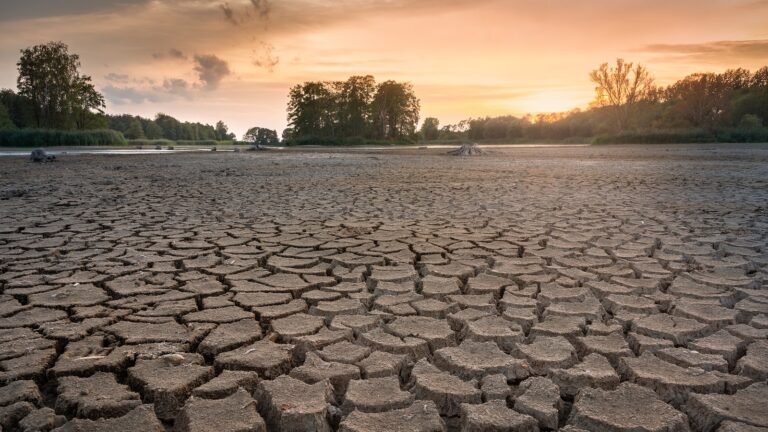In the mountains of southern Mexico lies the city of San Cristóbal with around 170,000 inhabitants. Located in one of the rainiest regions in the country, you might be surprised to learn that many neighbourhoods in San Cristóbal only has running water two days a week. Luckily for the people, however, there’s a local bottling plant just next to the city. Unfortunately, it doesn’t bottle much water – but Coca Cola.
In order to make one liter of Coca Cola you need two liters of water, and thus the production has started to dry up local wells and water reserves. In addition, the famous soft-drink producer has made its products so cheap and accessible, while the availability of water is scarce, that residents in San Cristóbal drink, on average, two liters of soda every day.
Now, of course, water issues are not limited to Mexico. Instead, it’s a global crisis of inequality. While twelve percent of the world’s population uses 85 percent of the planet’s water, it is estimated that around 1.1 billion people in developing countries lack access to clean water. Furthermore, a UN report concluded that some of the world’s poorest (residents in the slum areas of Manila and Accra), pay significantly more for water than people living in London, New York or Rome.
This is what is up for debate in this issue of FUF Magazine. We will take you from China, through Uzbekistan, Tajikistan, Sri Lanka, Jordan and the US, to Iran – all in order to shed light on the issue of water. In any case, however, the citizens of San Cristóbal do not have to worry. According to a Coca-Cola press release in response to protests, the company says they have planted “more than 205,000 trees” in the Mexican state of Chiapas. So even if the citizens don’t have water, they can at least go for a stroll in the woods!
Have a good read!


